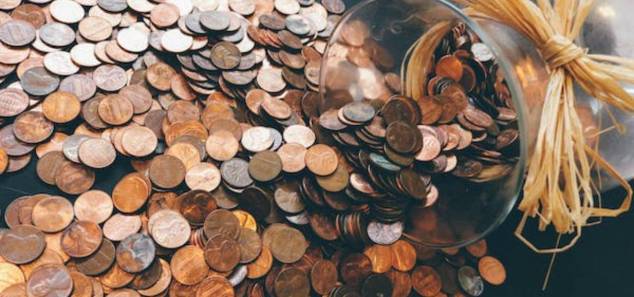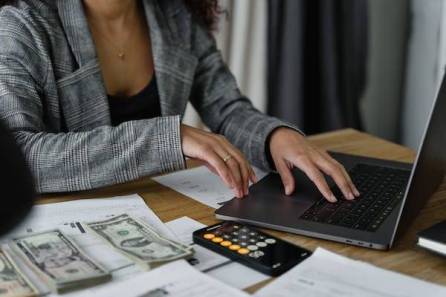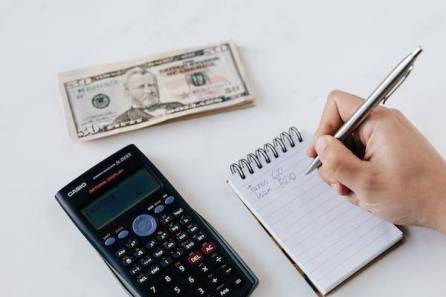It has been statistically proven that as people have more disposable income, they spend it more freely. The more money a person has, the better off they can live. That’s why a lot of ‘wants’ end up being ‘needs,’ and a lot of luxuries become requirements. This way of thinking is a major obstacle. You can keep on ‘enjoying’ your life as you have been, but you’ll have less of a chance to get rich. And it’s a surefire way to get into serious financial trouble if you consistently live beyond your means.
45 percent of Americans have less than $1,000 saved, which may not be enough in an emergency, despite the necessity of having money. To ensure you have enough money to deal with a worst-case scenario, it is vital to set aside a portion of every paycheck.
Savings may do more than provide a secure financial future for its owner. If you’re carrying high-interest debt like credit card debt, increasing your savings will help you pay it off when interest rates rise. Financial experts recommend getting out of debt as soon as feasible in view of the current uncertain economic environment.
Saving up some cash before making any major purchases might help you avoid going into debt. It would also free you up to try new things in your career and take more calculated risks without worrying as much about how they might affect your bank account. Some easy strategies for eking out more savings from your regular paycheck are provided here.
Prepping For A Rainy Day
Younger people, in particular, are often enthralled by the prospect of turning a profit. They want things like a house and automobile for no good reason other than that they want them. They haven’t planned ahead for a possible credit crisis. It’s important to have a backup plan in case anything unexpected happens, like losing your work, getting sick, or having a family member who needs money.
So, after taking care of lesser, more immediate expenses, you should start an emergency fund. Three to six months’ worth of rent, utilities, food, and insurance premiums should be saved up for this. You should put this money somewhere easily accessible and immune to market swings.
Create A Monthly Spending Plan And Stick To It
If you want to put money aside, you need to monitor and control your expenditure. Make a monthly spending plan that you can actually stick to by allocating equal amounts to different categories of spending. To begin, tally up the sum that is deposited into your account on a monthly basis. After that, you should compile a list of your expenses and divide them into fixed and variable charges. Rent, utilities, groceries, and other regular expenses could fall here. You can include expenses in this area that don’t come up every month, like going out to eat, going on vacation, etc.
Cash In Yourself First
This implies that you have decided to save money instead of spending it on frivolous purchases. You should keep the money you work hard to earn. Invest a little monthly percentage of your income in shares using a systematic investment plan (SIP). It’s the best method for keeping track of money.
What do you say about this story? Visit Parhlo World For more.





